-
There are many ways of thinking about mindfulness. However you think about it, you can be mindful in any moment of any day, no matter what you are doing.
Meditation, on the other hand, is a formal activity you do to cultivate mindfulness.
It can involve being still, with sitting, standing or lying meditation. Or it might involve movement, with walking meditation or mindful movement.
-
No, but it helps. It's a bit like trying to get fit without exercising. Sure, you can go for walks, carry more shopping and take the stairs. But for most people, doing some regular exercise makes a huge difference.
And there are some things you might miss out on if you skip meditation. Like how to really rest your mind. And how to open up to uncomfortable feelings.
-
If you’re new to meditation…maybe don't worry about actually meditating. Instead, start by understanding what it’s all about. Do you have a basic idea of what you’re doing, why you’re doing it and how to do it? Once you have that, if meditation still appeals to you, see if you can find an easy and enjoyable way to start.
If you have some experience of meditation…first see if you can be aware of what “can’t be bothered” feels like. It’s probably not very pleasant, so see if you can approach it without being too judgemental. Next, see if you can remember any good feelings from meditation in the past. They may be quite subtle, but there are usually some nice things that happen. Like feeling a bit calm, rested or spacious. Finally, if you are going to try meditation, make it as easy and enjoyable as possible.
-
Yes. Like anything that can be helpful, it can also be harmful. In particular, mindfulness can be harmful if it exposes you to painful inner experiences before you are ready. The way to stay safe with mindfulness is to learn what to expect and how to take a step-by-step approach. If you do this, mindfulness can be a helpful part of healing. And if you have any doubts, get some guidance. You don't have to do this alone.
-
There are two ways of answering this..
The first is to choose a time of day when you will enjoy the process the most. When you are not too agitated or too tired. Over time, you can learn to work with restlessness and sleepiness. Then you can meditate at any time of the day.
The second way to respond to this is that the best time of day to meditate is whenever you can make time for it. If you do this consistently, making sure you are safe, it will probably do you good over time.
-
People say you can find mindfulness in all contemplative traditions. I don’t have experience of all of them, so I’ll have to take their word for it. But it’s fair to say that mindfulness has been most thoroughly explored in the Buddhist tradition. For over 2500 years Buddhists have valued and practised mindfulness. Although I’ve never considered myself a Buddhist, my training in mindfulness began in a Western Buddhist tradition called the Insight Meditation tradition.
Over the past 45 years or so, mindfulness has been offered in secular contexts such as healthcare, education and the workplace. This is due in no small part to the development of Mindfulness Based Stress Reduction (MBSR), a program that teaches mindfulness within the framework of Western psychology and science. It’s in this context that I trained to teach mindfulness.
-
It’s probably more helpful to frame this as “how much meditation is helpful for me?”
In answering this, it’s important that you take the lead in deciding what’s best for you. Of course you can get support, but don't give up your authority to anyone else.
Here are a few other things to think about.
Stay safe Part of mindfulness is opening up to what you are feeling. This needs to be done with care so that you don't get overwhelmed. Learn more here.
Enjoy the practice. We all want something out of meditation. That's why we do it. The trick is not to try too hard. See if you can bring a light touch to the whole process. Learn more here.
It’s not just about meditation. Meditation is a great place to learn new things and cultivate inner qualities. But what about bringing this into your life? Into the way you move through the day, the things you do and the relationships you have with the people in your life.
If you have a question which isn’t here I’d love to hear from you. You can email your questions here.
